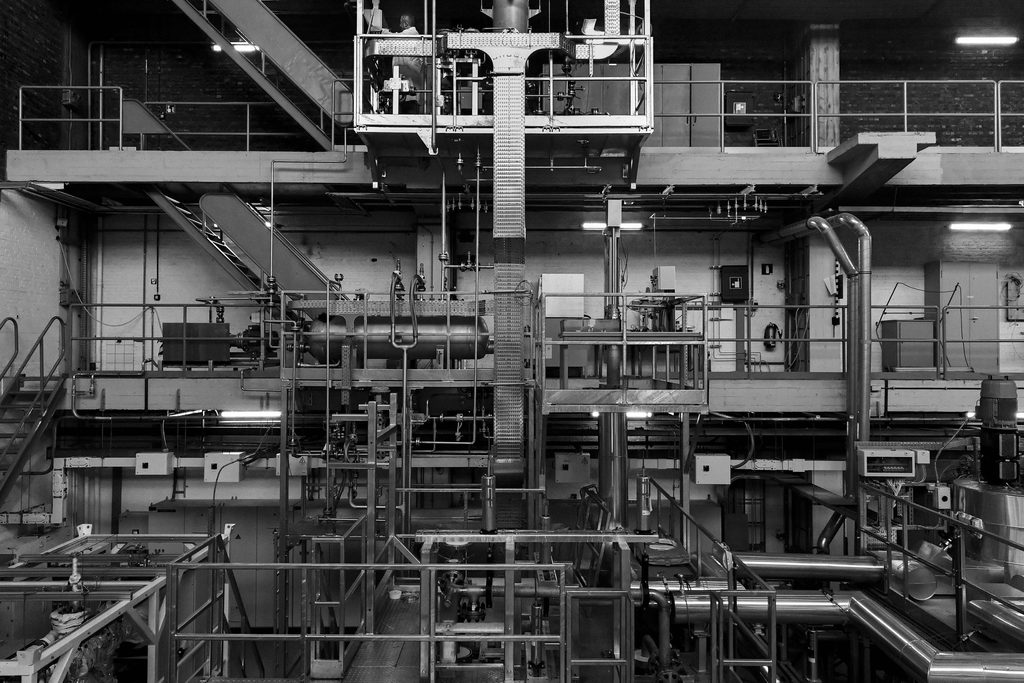A nuclear emergency planning exercise will take place on Tuesday 19 September in Belgium at the national nuclear research centre. Far from being a cause for concern however, these exercises are mandatory and take place at least four times a year in Belgium.
The next such exercise will take place on the premises of SCK CEN in Mol, the Belgian nuclear research centre, next Tuesday between 08:00 and 15:30, the National Crisis Centre confirmed.
"People in the Dessel and Mol area have already been informed about this exercise. That way there is no panic when people see the emergency services arrive," Crisis Centre spokesperson Yves Stevens told Belga News Agency.
The likelihood of a serious nuclear accident is very small, but not non-existent. If ever there were a nuclear accident involving a radioactive discharge, there would be a risk to the environment and humans (internal or external radiation).
Real-life scenarios
During the exercise, authorities at municipal, provincial and federal levels test their procedures and responses to a crisis. The Federal Agency for Nuclear Control (FANC) also takes part in the exercises, each of which is based on a predefined realistic scenario, starting from a number of predefined objectives.
Traditional objectives include testing the mobilisation of participating bodies, interactions between cells, or protection measures for the population and the food chain. Only once this specific exercise is over will information on the scenario of the simulation be released, meaning the purpose of the next emergency planning exercise is secret for now.
There are currently six nuclear sites in Belgium. Aside from the SCK CEN, the best known are in Doel and Tihange (run by ENGIE Electrabel). Belgoprocess – where radioactive waste and used material from nuclear sites is processed – is also located in Mol-Dessel; the National Institute for Radioelements (IRE) is in Fleurus and the Join Research Centre (JRC) in Geel.
There are also two nuclear sites near the Belgian borders, in Borssele (the Netherlands) and Chooz (France), but these are outside the Belgian emergency planning zones.
Related News
- Nuclear phase-out increases CO2 emissions from electricity generation
- 'We must eliminate nukes before they eliminate us,' medical experts warn
The emergency plan stipulates that the exercise should be organised once a year for the Doel and Tihange nuclear power plants. For the Fleurus and Mol/Dessel sites, an exercise is required every two years. A major exercise involving all concerned organisations must take place every three years.
In 2018, the National Crisis Centre coordinated a large-scale risk assessment for Belgium for the period 2018-2023. Several experts assessed various risks based on their probability and their impact on people, society, the environment and the economy. In the event of a nuclear accident, the National Crisis Centre activates the national nuclear and radiological emergency plan.

